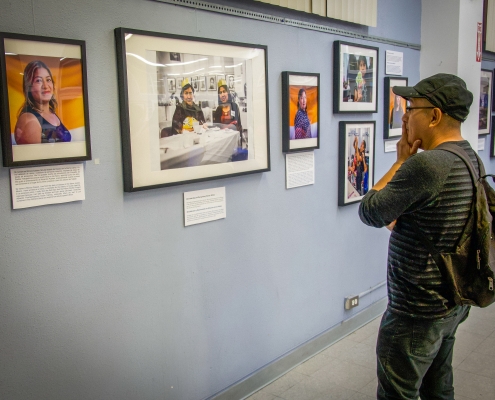
Working Families in Focus: Photo Exhibit and Film Shorts in the Heart of Los Angeles
By Janna Shadduck-Hernández, Project Director, and Marisol Granillo…
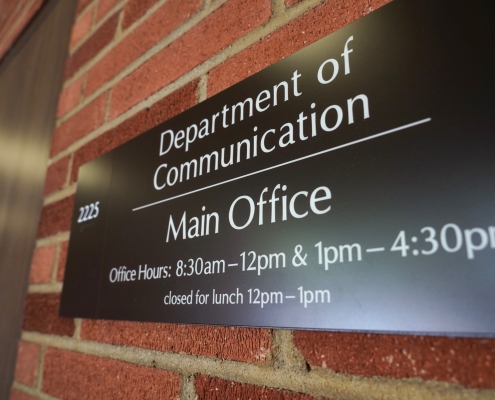
Spotlight on UCLA’s Department of Communication: Alumni Partnerships and a New PhD Program
The UCLA Department of Communication proudly announces rolling…
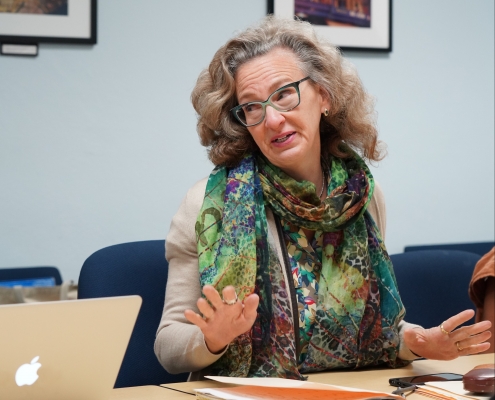
Do We Make a Difference? Social Change in Theory and Practice
Young people often want to change the world. But when facing…
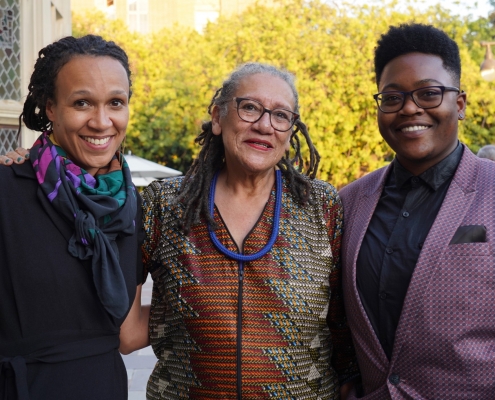
Recap of UCLA Symposium “On the Matter of Blackness in Europe: Transnational Perspectives”
On October 10-11, 2019, a two-day symposium co-organized…
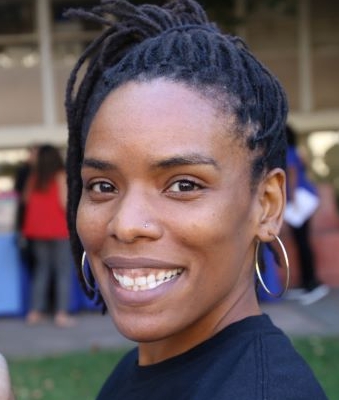
LA Social Science Scholar Profile: The Rise of Jasmin A. Young
Jasmin A. Young is currently a University of California President’s…
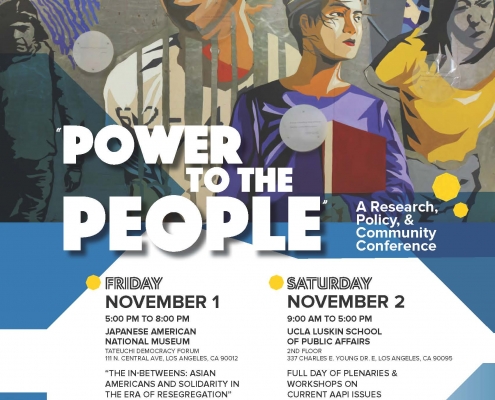
Asian American Studies Conference Commemorates 50th Anniversary at UCLA This Weekend
The UCLA Asian American Studies Department, the UCLA Asian American…
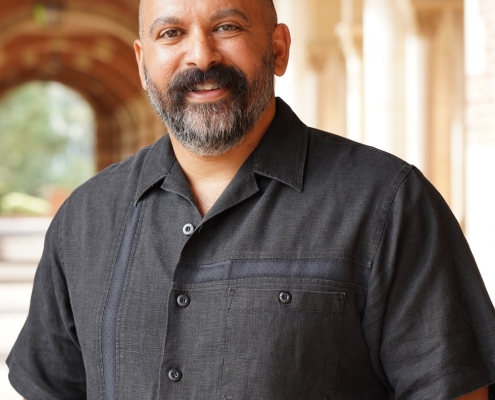
Professor Alim Awarded $1 Million Spencer Foundation Grant to Explore Culturally Sustaining Pedagogy
Dr. H. Samy Alim, David O. Sears Presidential Endowed Chair in…
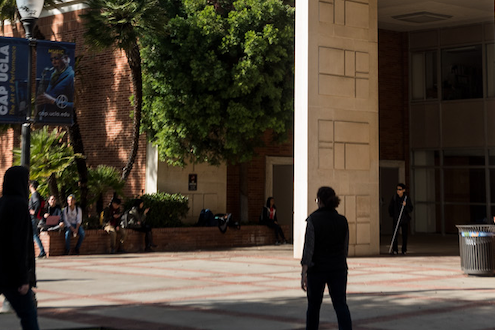
New Ph.D. Program in Communication at UCLA Accepting Applications
The UCLA Department of Communication is now accepting applications…
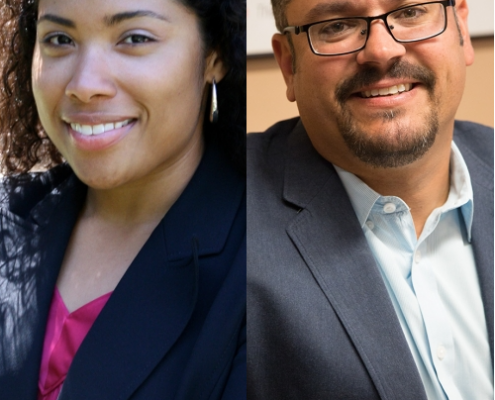
UCLA Researchers Awarded Major NSF Grant to Study 2020 Election
The National Science Foundation has issued a nearly $1 million…
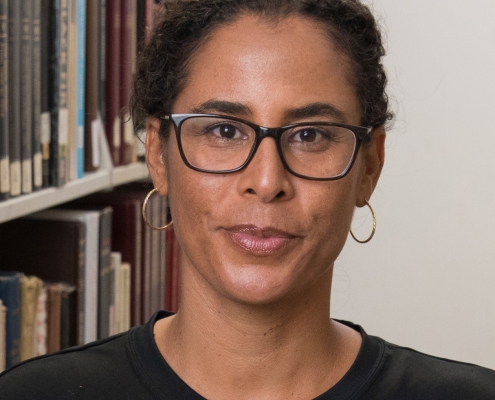
UCLA Professor Kelly Lytle Hernandez Named 2019 MacArthur Fellow
Dr. Kelly Lytle Hernandez, Professor of History and African…

